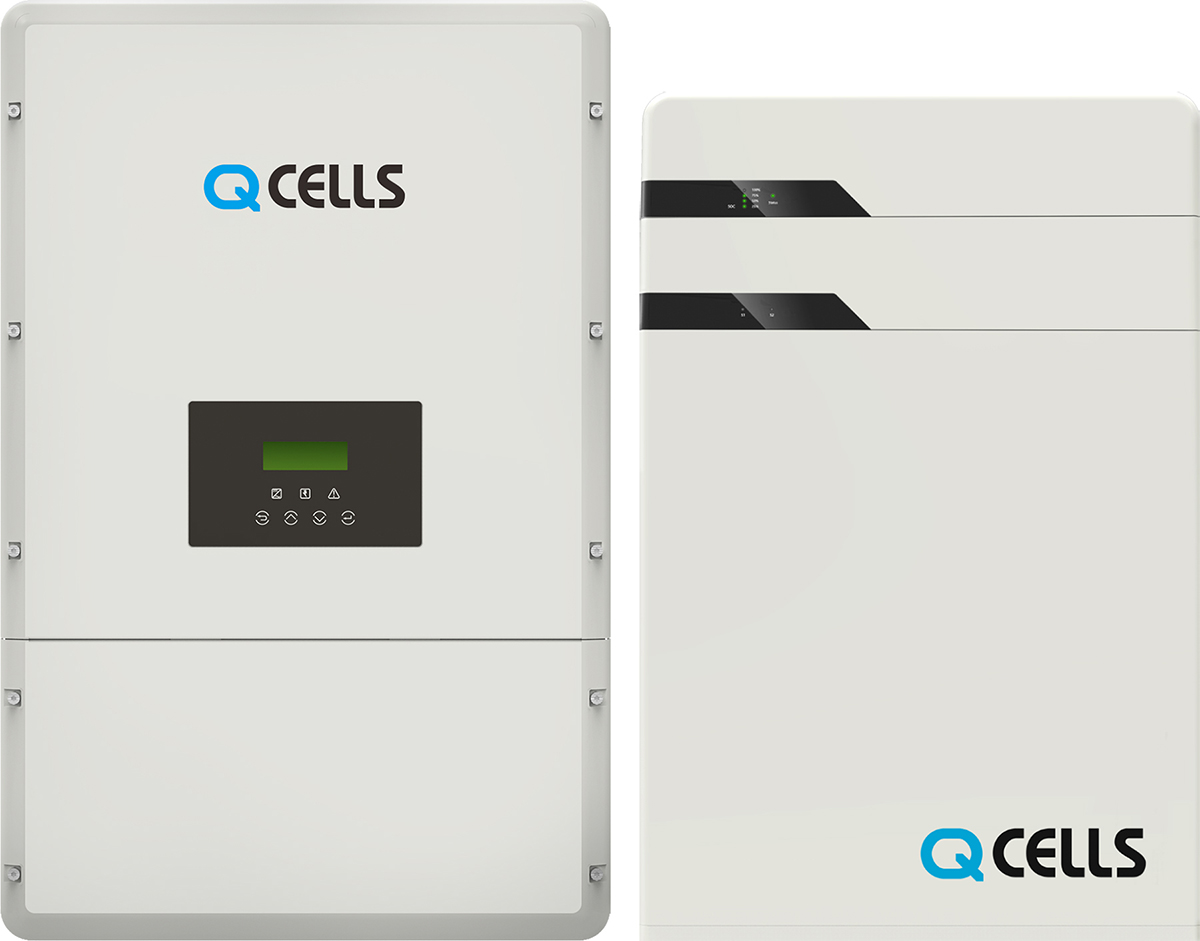
While you have heard of solar panels and solar batteries, there’s a vital component of any PV system that you may not have heard of. Solar inverters play a crucial part in any solar system. They are the gateway between your solar panels and the electricity that you can use in your home. Simply put, without an inverter, the electricity your solar panels generate could not be put to use.
How Inverters Work with Solar Panels
Solar panels produce DC or ‘direct current’ electricity when sunshine knocks loose electrons in the panels’ silicon-based solar cells. The movement creates DC electricity which is moved by the current to the inverter. The solar inverter converts this electricity to AC or ‘alternating current’ electricity, which most household appliances require. Finally, it is moved to your breaker box where it is ready to be used for powering up any appliances or lighting in your home.
How Inverters Work with Solar Batteries
If your solar system is also equipped with a solar battery system, your solar inverter is also responsible for transporting unused energy into your battery. It will also draw electricity from your batteries for home use when your panels aren’t producing, or the mains is down.
How Inverters Work with The Grid
After using your solar generated electricity, your installed solar inverter will also export the excess onto the grid. Hybrid systems, which are PV systems with batteries equipped and a connection to the grid, can do this too; giving you a way to use and benefit from any solar power coming in, without letting any go to waste.
Other Features
Energy Monitoring – Most great solar inverters on the market will have Wi-Fi compatibility to let you monitor how much kWh your system generates daily. It’s simple and easy to use. With Solar System Australia, you will also have the benefit of informative solar installers that can talk you through it. You can even set up an alert with your phone or email to let you instantly know if there is a fault or something unusual with the system.
Anti-Islanding Technology – Found in all grid tie and hybrid inverters. As all solar inverters that are attached to the grid must have this technology. It is a move sanctioned by law. In the case of a power cut to the mains, this means that your solar inverter will also switch off or stop functioning. While it may sound inconvenient to homeowners, it’s an important safety feature that protects electricians working on repairs, as well as the grid hardware. Thankfully, if you have a solar battery installed you can still have electricity when the power cuts, with all the power you have stored.
Quiet – While this feature may not be as important, it is essential for some. Solar inverters run on a quiet, non-interruptive operation. So, you never have to never worry about its operation being an inconvenience to anyone.
The Different Types of Inverters
Now that you know what a solar inverter does, it’s time to learn more about the different types available on the market. To let you know what you are looking for.
Grid Tie Inverters are the type of inverter used on mains and solar panel connected systems. Any excess electricity that your solar panels generate is automatically moved to the grid. As it has no solar battery, it is a system that loses usability once the grid cuts out.
Off Grid Inverters are inverters designed for off-grid solar panel and battery systems. These solar inverters will direct electricity to your appliances before storing any excess into your batteries. It has no connection to the grid and therefore, also no anti-islanding technology.
Hybrid Inverters offer the benefits of both grid tie and off grid inverters in one device. They are suitable for solar hybrid systems that use both solar batteries and a connection to the grid. Your solar inverter directs power to appliances and then your battery storage, before directing any excess to the grid. In the case of a power cut, you still have the benefit of energy from your solar battery. As well as the better cost savings and reliability of a connection to the grid.
Enjoying our blog?
Read more about the latest topics in the industry or more facts on solar technology by exploring our other articles: http://www.solarsystemaustralia.com.au/blogs/
You can also give our helpful and informative installers a call on 1800 975 270 if you think a free solar assessment would be beneficial for you.
